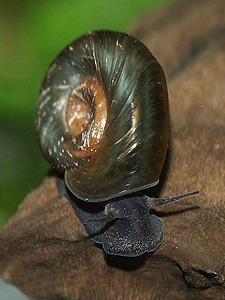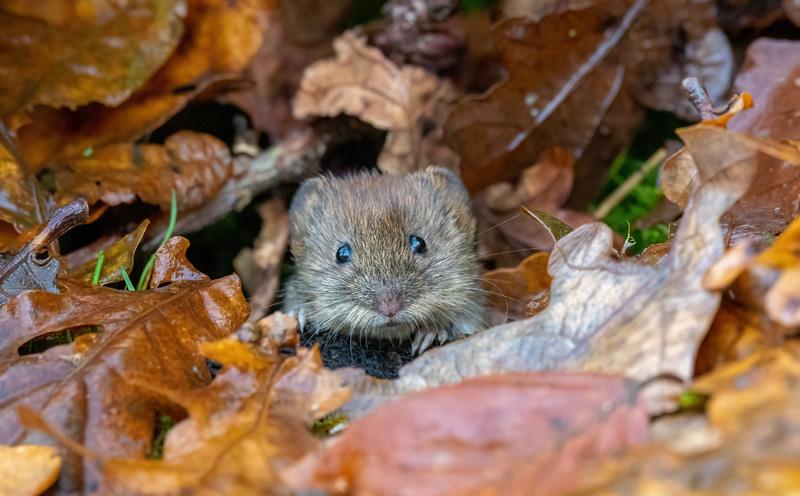The Shining Ram’s Horn (seen above), the Little Whirlpool Ram’s Horn and the Large Mouthed Valve Snail, all smaller than a little finger, are facing extinction.
Apart from being Britain’s rarest snails, they are the slowest and cannot move quickly enough to adapt to changes in their wetland habitat researchers have found.
As drainage and pollution take their toll they are not as fast as they need to be if they are to find a new home.
Researcher Professor Steve Ormerod said: “Being so slow does place them at risk when their environment starts to change very rapidly.”
The Cardiff University ecologist issued the warning after looking for the three species of snail on four areas of marshland in the South-East.
Examination of 100 drainage ditches, the preferred home of these snails, revealed many were snail-free. The further a ditch was from one colonised by snails, the more likely it was to be empty.
“Quite often you will have little pockets a few hundred metres away but after about a kilometre, it is too far for them to be able to make the step,” he said.
The study, published in the journal Biology Conservation, strengthens fears about the survival of the snails, already considered threatened.
The Little Whirlpool Ram’s Horn, which has a flattened spiral shell, is one of Britain’s rarest molluscs and can be found at only three sites – the Arun Valley in West Sussex, Pevensey Levels in East Sussex and the Waveney Valley in East Suffolk.









